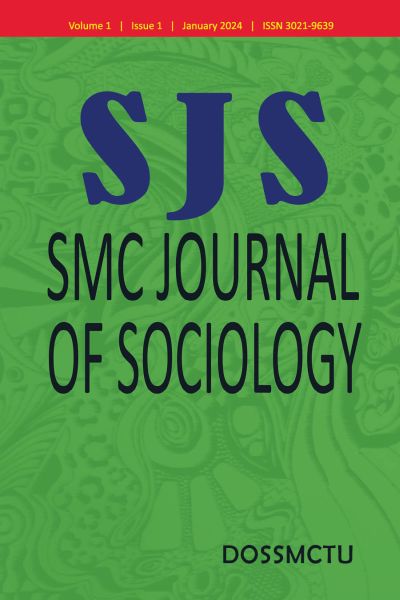An Integrative Approach to Sociology of Disability: A Theoretical Recommendation
DOI:
https://doi.org/10.3126/sjs.v1i1.63803Keywords:
disability studies, impairment, medical sociology, social barriers, sociological theoryAbstract
A common assertion on disability is that people with disability have disadvantaged living. They are disadvantaged because they have physical, intellectual or sensory impairments, and are exposed to a number of barriers. Furthermore, the combined role of impairment as internal and barrier as external aspect of disability cannot be overruled. Notwithstanding the fact that both impairment and barriers contribute, although not equally, to disabling an individual, key approaches to disability such as Medical Sociology and Disability Studies have tended to reject the aggregate role of impairment and barriers in disabling people; one has to either take side of Medical Sociology and suppose impairment as the key kernel of disability, or relate with Disability Studies and acknowledge social barriers as the sole spirit of disability. This paper however rejects the parochial extremes of both approaches, and assumes impairment and barriers as common determinants of disabling condition. I argue that the types of impairment impede individuals to carry out physical and intellectual work, and existing social barriers reduce their chances of utilizing existent strength thereby pushing them to more difficulties. To conclude, an integrative approach is necessary to enrich disability as a specialized field of sociological inquiry.




